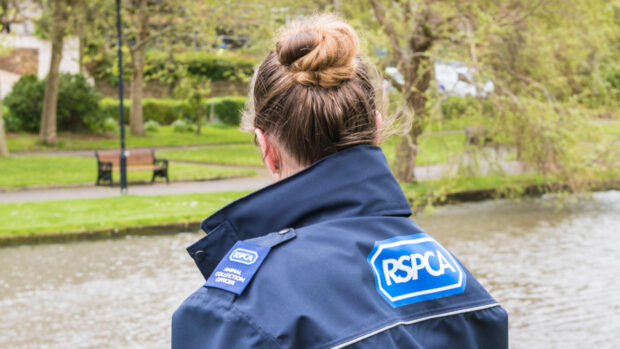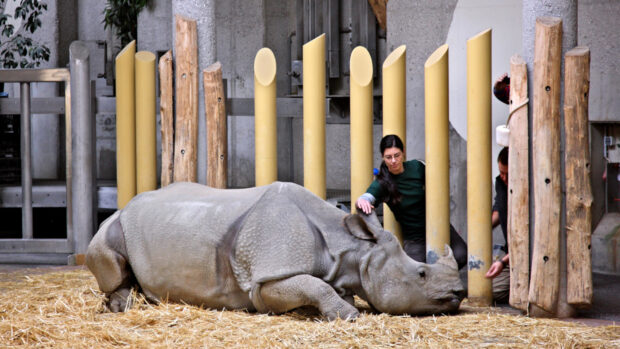Landowners will now have more powers to deal with fly-grazed horses as the Control of Horses Act came into effect last week (Tuesday 26 May).
The new “fly-grazing” bill resulted from a Private Members’ Bill tabled by Julian Sturdy MP for York Outer and makes small, but important, changes to the Animals Act 1971.
The law gives private landowners the same powers as local authorities to take quick action to remove and move on fly-grazing horses, so its impact could potentially be much greater.
The updated law will require landowners to keep any horses placed on their land for only four working days — as opposed to the current two weeks — and will allow more options to dispose of the horses besides public sale, such as gifting them to a charity, selling them privately or euthanasia.
Although this will be at a cost to owners, charities believe this will be considerably less than the current economic burden the dumped horses put on landowners.
“Fly-grazing has been increasing in part because it is so easy to get away with and there were few, if any, consequences for the perpetrators — the new Act will change this,” said Roly Owers of World Horse Welfare.
“We expect that by the end of the year, there will be fewer horses at risk of abandonment and neglect.”
There are estimated to be around 3,000 fly-grazed horses in England.
The law falls into line with Wales, which brought in the Control of Horses (Wales) Bill on 27 January 2014.
The RSPCA’s David Bowles said the law will make a “big difference” to landowners.
“They can more quickly deal with fly-grazing animals, instead of them having to leave them on unsuitable land without grazing, shelter or additional food, which is all too often the case,” he said.
“It is now time for irresponsible owners to remove illegally grazed horses and to provide them with the proper care. They should also be getting their horses microchipped. Otherwise now they could lose their animals completely if they persist in fly-grazing them.”
Charities also hope that this will prevent accidents caused by fly-grazing animals.
“While the Control of Horses Act is undoubtedly a positive move, it’s imperative to stress that it will only help prevent horse suffering if both private and public landowners make full use of it,” warned Roly Owers.
“Any members of the public concerned about fly-grazing in their area should contact their local council or the private landowner.”
The coalition of welfare and rural organisations — including Blue Cross, British Horse Society, CLA, Countryside Alliance, HorseWorld, NFU, Redwings Horse Sanctuary, RSPCA and World Horse Welfare — is currently working with local government representatives to produce guidance on using the Act to support landowners in using its expanded provisions.





